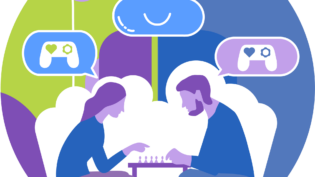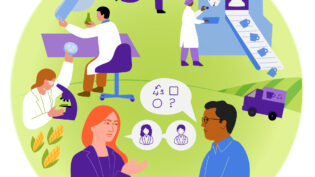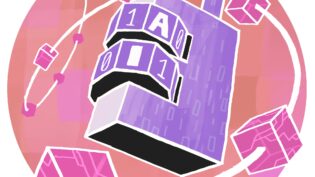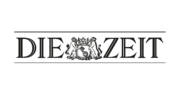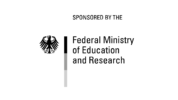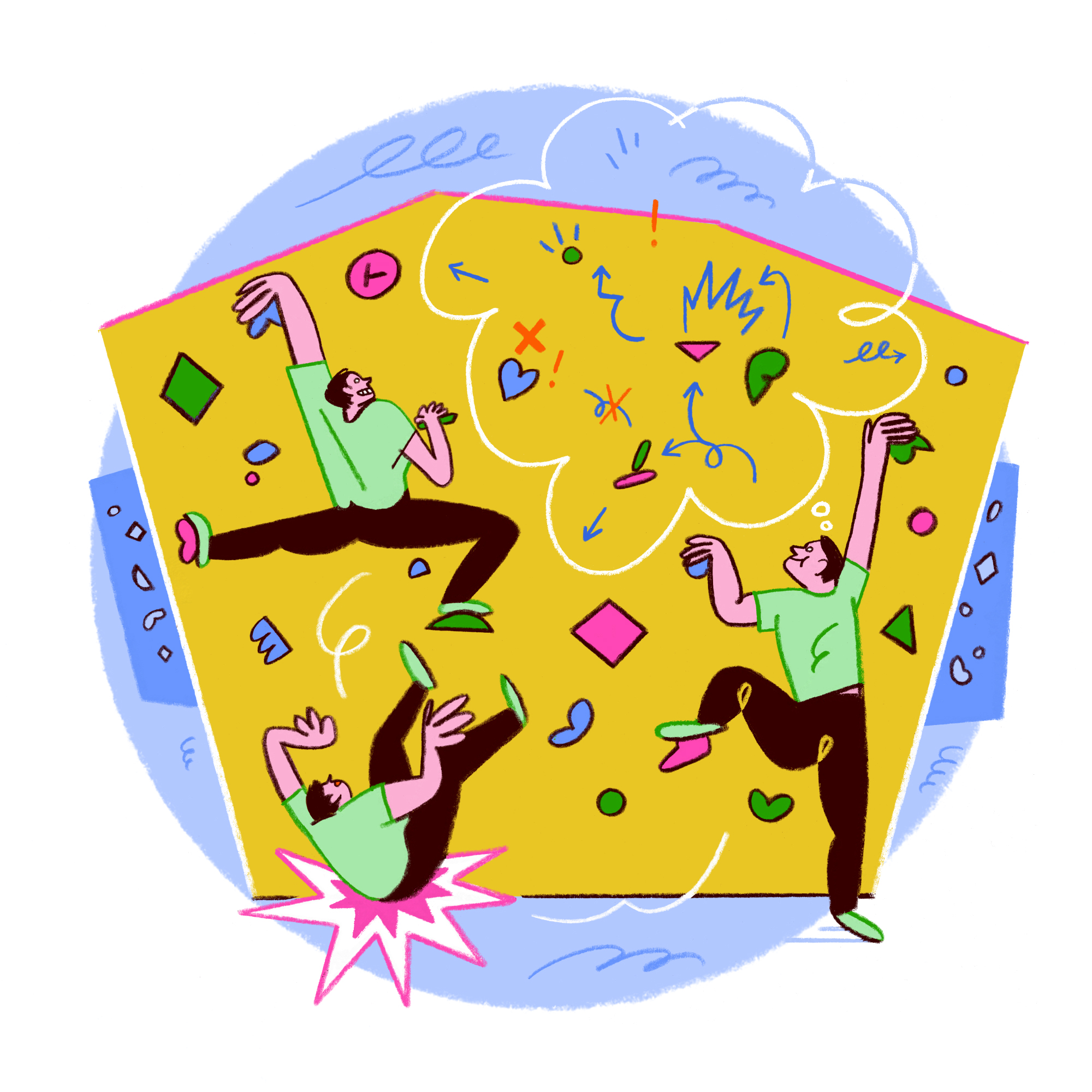
More than one way up
Written by
Redefining the narrative of success and failure in academia and business
YES alumnus Michael Maurer is adapted to change: He left his academic career as a biochemist, launched a startup and quit again – in pursuit of his personal fulfilment. I met him via zoom just before his move from southern Germany to Hamburg to embark on yet another adventure at his new job. By no means these changes in direction indicate that Michael regrets any of the choices he made. Instead, he leverages important life lessons from every twist and turn along his way. Just like an entrepreneur does.
In 2011, you hiked for three months in Spain with little prior knowledge what it means to go on a through-hike. Would you say your startup story was a similar jump into cold water?
Yes, I literally stumbled into it. I am quite sure I was less prepared for the startup venture than for the hike. I had never thought about becoming an entrepreneur and had no idea what it meant. But, when Nina Heine asked me to cofound with her, I was instantly charmed by the prospect of this adventure. I told myself to enjoy the process and stay open for all the possibilities that could happen.
How did your collaboration come to an end?
The financial pressure created divergent ideas of where we should be headed. I needed a certain degree of financial security and was unsure whether we could secure the investment that was needed. Ultimately, we sat together as a team and had an honest conversation about it. We decided unanimously that the best solution was for me to leave. It still was a very valuable process to go through. I left on good terms, and I am extremely grateful to Nina for taking me on this journey.
Let’s digress for a moment. What problem did you try to address with the startup?
80% and more of the global wastewater goes untreated into the environment, because many countries simply have no incentive to clean it. Wastewater treatment is expensive. We asked ourselves: how could we create an incentive? Wastewater is basically biomass, an energy source that can easily be turned into biogas. Doing so efficiently would allow you to earn money with your wastewater. The leftover energy can be fed into the grid or traded.
What things did you learn from that experience that you wish you knew before?
I wish I had known that it is not that difficult to launch a science startup. There is a lot of support if you know where to look. Young Entrepreneurs in Science is a good example, and most universities and research centres have dedicated offices that can help. I learnt how similar being a PhD student and being an entrepreneur can be.
Speaking of quitting – a couple years into your PhD research you decided that the lab wasn’t for you …
My PhD was split between two labs, one in Tel Aviv and one in Heidelberg. My time in Israel was unforgettable, and I enjoyed working there. After I had returned to Germany to continue my research, my happiness plummeted. I felt like I wasn’t contributing to something important anymore, which felt odd because I was working in cancer research. It took a long and painful process to figure out why I was unhappy. It had a lot to do with the environment and culture in academia. I realised that I need a healthy work environment, where I am appreciated. When I finally made the decision to leave, I felt great again.
Do you have any regrets?
No, I don’t see my time in academia as wasted. I enjoyed most of it and I had the privilege to do amazing work with great scientists. My goal was never to get a certificate. It was to experience the process of doing research and contributing to find answers to a research question.
I take that you love the outdoors and stay active by cycling and climbing. What role do your hobbies play in your life?
During the pandemic, I picked up cycling. I love to have the freedom to explore places in an environmentally friendly way. It also gave me a sense of control over where I can go and how far. Also, cycling is very straight-forward when it comes to setting and measuring goals. Keeping track of my goals fuels my motivation. When it comes to climbing, I enjoy the process of solving a problem – we call it a boulder problem. Bouldering is climbing in low heights without a rope. I hadn’t before regarded myself as a creative person, but when it comes to climbing, my creative side comes out! Then, there is the physical part. If you enjoy climbing or bouldering, you must get used to falling. Most of the time you will fall. I think this translates very well to other things in life.
Like being an entrepreneur.
Exactly.
Would you do it again?
I would absolutely do it again, even if it had the same outcome. I was lucky to meet some lovely cofounders. An interesting mindset shift that happened is that I constantly see business opportunities now! The YES workshops have been inspiring me to new ideas. I went in there with no expectations or ideas – and during the ideation sessions I discovered that, in fact, there are many ideas waiting to be realised •
